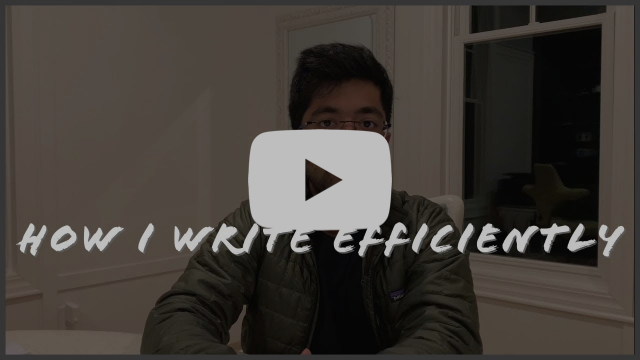Coping With COVID-19 Part II

Hi Friends,
We have never had more time than what we do now. The only problem, however, is that our "time management" skills are practically useless today, now that time is not a scarce commodity. No one ever taught us how to not squander time away, mainly because we never had so much time with us ever before. So, in this issue, let's explore how we can avoid wasting the sudden abundance of time and be productive instead. Note: For me, being "productive" simply means that I'm learning, building, or helping.
I'll share my experiences and will love to hear from you about any tips or strategies that worked for you too!
First, there are two options: Either create structure or actively avoid it in the pursuit of something. The sudden halt of activities has essentially stripped all of us of what we were used to, a routine. Now that a routine is missing, my brain seeks it, for the brain is naturally a self-organizing, pattern-seeking system. For me, the first option works because I'm presently learning multiple things, and a structure is useful for that. To illustrate further, think of a software engineer at Google, who needs structure in their life. In contrast, you can choose to actively avoid structure and instead immerse yourself into one activity to the extent that you are in flow. (That said, it's always better to pursue flow, whether you have structure or not.) Think of a painter who loses track of time. The painter does not have "structure" but they are definitely productive.
Second, focus on micro-moments, not macro-moments. The basic point is that if you are spending hours watching TV, you will easily be able to recognize that you are wasting time. To fix that, well, try not watching as much TV. However, if you are unconsciously spending 3 hours a day watching 7-minute videos or taking up too much time for meals, you may have a hard time finding out where exactly your time is going. To address this, I have started to be more cognizant and deliberate with micro-moments, the spread-out 7-12 minute intervals that happen many a time during the day. Focusing on exactly where my micro-moments are going has helped me save a lot of time.
Finally, go for something concrete, with clear, actionable goals. Don't just have a goal of "becoming a better chef;" rather, be specific and say that you want to be able to cook pasta in pink sauce. As for me, I am focused on multiple things: I've enrolled in MasterClass.com to take courses on multiple subjects; I've been focusing on fitness and running; I've been writing regularly; I'm slowly improving at the guitar; I'm working on a project with a few friends; I'm trying to help out by researching Covid-19 and sharing accurate information; and I've been making videos and podcasts.
So, let's stay focused, schedule time for distractions and leisure, learn, build, or serve others, and be productive during this era of time abundance.
None of us wants to look back and regret we didn't learn as much as we could.
Until next time,
Abhinav
Video of The Week

In this video, I talk about my writing process and how I try to optimize it. While the approach is specifically tailored for high-school and college students, it's applicable in most spheres where time is limited for writing.
Podcast of The Week
How To Deal With Time Abundance
We are untrained to deal with time-abundance when time is not a scarce commodity anymore. In this episode, we talk about specific strategies, tips, and ideas, along with the challenges of making good use of time in this quarantine-time.
Article of The Week
Please do read this document that essentially tries to capture, summarize, and display accurate information and latest research on Coronavirus in an easy-to-understand, digestible manner.
I tried preparing this and would love your feedback/thoughts!